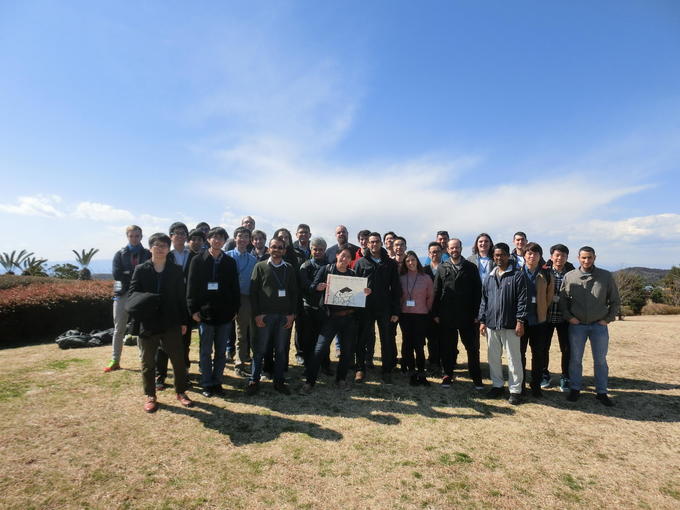NO.095 Mining Software Repositories: Accomplishments, Challenges and Future Trends (NII Shonan School)
March 6 - 10, 2017 (Check-in: March 5, 2017 )
Organizers
- Emad Shihab
- Concordia University, Canada
- Akinori Ihara
- Nara Institute of Science and Technology, Japan

Overview
Invited Lecturers
- Ahmed E. Hassan
- Queen’s University, Canada
- Daniel German
- University of Victoria, Canada
- Alberto Bacchelli
- Delft University of Technology, The Netherlands
- Shane McIntosh
- McGill University, Canada
Description of the NSS
The field of Mining Software Repositories (MSR) has been steadily growing over the past decade. Since its first workshop in 2004, the MSR community has steadily grown to be one of (if not) the biggest co-located events with the International Conference on Software Engineering, the flagship conference in Software Engineering.
The field of informatics concerns the processing of information and engineering of information systems. The main goal of the MSR community is to leverage development data, often stored in software repositories, hence it can be seen as a sub category of the informatics field, which specifically concerns the processing of software development data. Examples of these repositories are: source control repositories, which store source code changes, defect tracking repositories, which store software defect reports and communication
repositories, which store developer communications such as emails. These repositories contain a wealth of information that is available for most software projects. The MSR community has proposed techniques to effectively mine repository data, leverage such data to improve requirement, quality and traceability of software project and empirically study the impact of several development phenomena.
However, now MSR is at a critical point where many accomplishments have been made, but many challenges remain due to the changing landscape of software engineering. For example, the availability of data was one of the biggest challenges for MSR in the past, whereas now the availability of too much data is causing challenges. Recent technology advancements in complementary areas such as machine learning and artificial intelligence has enabled MSR researchers to develop more accurate techniques, however usability remains as an open challenge.
The widespread use of mobile devices has lead to more mobile-related software, often known as mobile apps, is also a new trend that the MSR community has recently started to target.
Given the recent accomplishments, challenges and trends in MSR, we plan to organize a NSS to teach and train future generations about the accomplishments and future challenges of MSR. The NSS will serve as a forum where students can learn from leaders in the MSR field and discuss potential solutions for such challenges. The NSS will be different than the first MSR workshop and the current MSR conferences, which focus mainly on encouraging researchers to showcase their techniques to process repository data and to
present their findings from mining such data. In short, the MSR workshop and conference are meant for established researchers, whereas the NSS is meant to train future generations of the MSR field.
We plan the lectures at the NSS to have both, hands-on and lecture sessions. The lectures will be given by a mixed set of well-established and emerging leaders in the MSR field. In addition, we plan to have a day where students and young researchers will present and get feedback on their latest work. To maximize interaction and provide useful feedback for the students and young researchers, the poster session will be a draw your research on a poster session, where presenters will be given a poster paper and a felt pen and asked to draw out their research.
